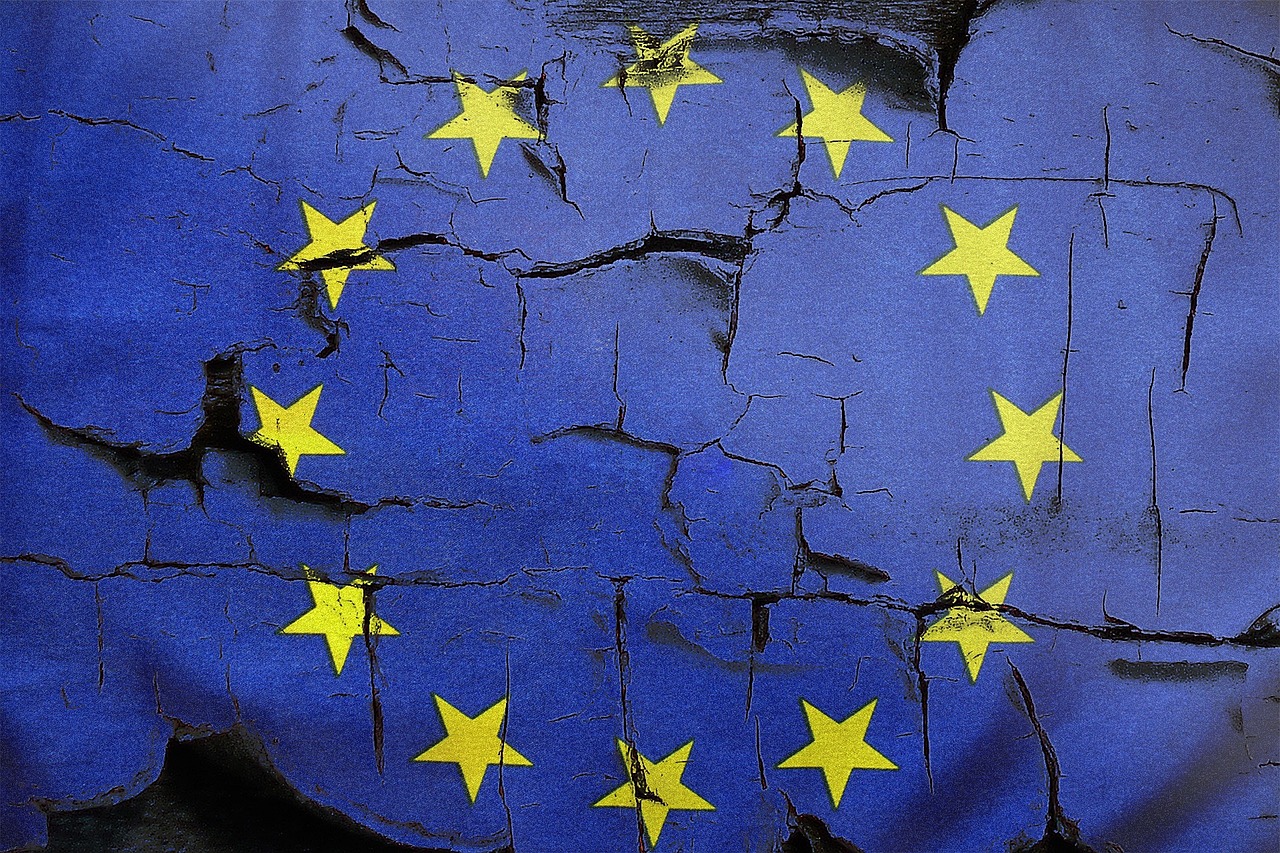
Austria’s foreign minister, Alexander Schallenberg, has urged EU leaders not to favour Ukraine over the western Balkans when deciding whether to open accession negotiations next month. He emphasised the importance of anchoring Ukraine and Bosnia and Herzegovina in the EU’s orbit to counter Russian influence and reinforce stability in both eastern and south-eastern Europe. EU leaders will decide at a summit in mid-December whether to formally approve the start of membership talks with Ukraine and Moldova and to review progress towards expansion of the bloc to as many as 35 members. The European Commission recommended starting talks with Ukraine and Moldova earlier this month, but said negotiations with Bosnia should only begin „once the necessary degree of compliance with the membership criteria is achieved.”
Bosnia’s progress has been held back by secessionist threats from Milorad Dodik, the pro-Russia leader of Republika Srpska. Schallenberg said it would be „geostrategic disaster” if the commission looked at the western Balkans „with a magnifying glass and with rose-tinted glasses to Ukraine”. Hungary’s Prime Minister Viktor Orbán may block the start of accession talks with Ukraine in protest over Brussels continuing to withhold Budapest’s share of EU funding over rule-of-law concerns.
Schallenberg is a strong proponent of incremental enlargement, whereby candidate countries are integrated in sectoral programmes and policies before full membership. He believes the EU should not allow Russia and China to build their influence in the region, including through infrastructure projects that should be financed by Brussels.
EU enlargement in the Balkans is in Austria’s interest for various reasons. It fosters regional stability, enhances economic opportunities, and promotes cooperation. Enlargement aligns with Austria’s commitment to a united and prosperous Europe, minimizing security risks and fostering mutual growth.
Additionally, expanding the EU to the Balkans creates new markets, strengthens cultural ties, and fortifies the principles of democracy and shared values in the region, contributing to Austria’s broader strategic interests in a stable and integrated Europe.






